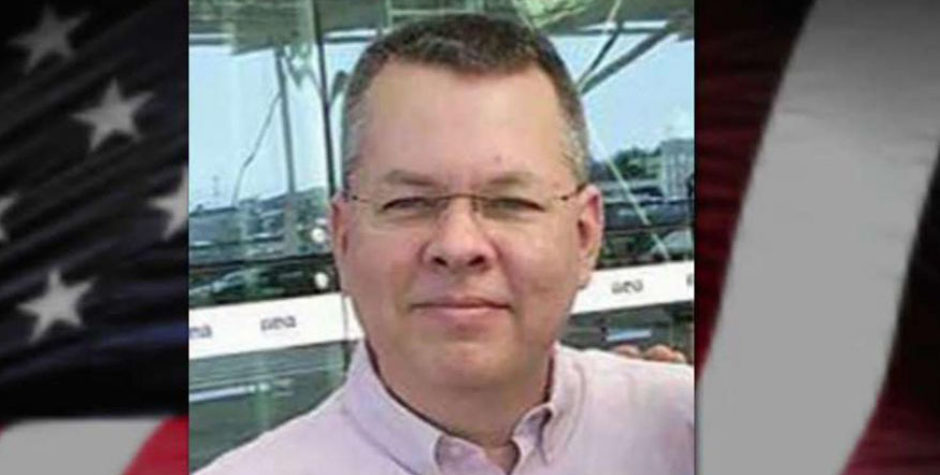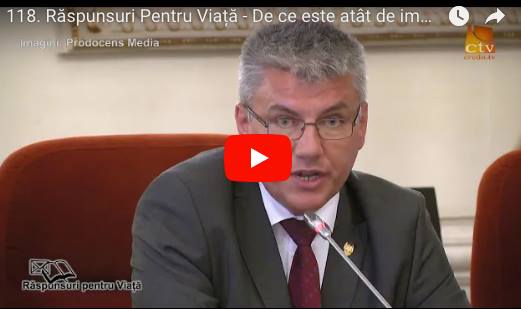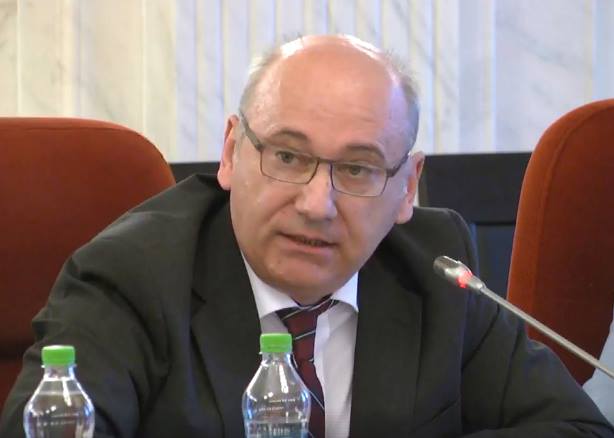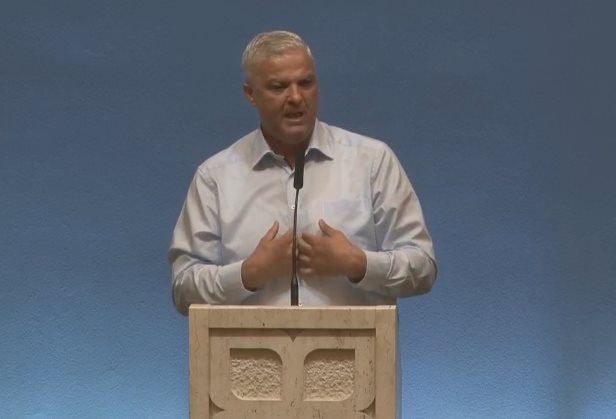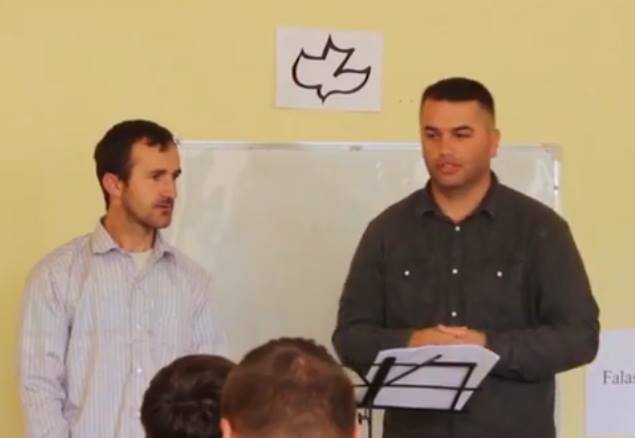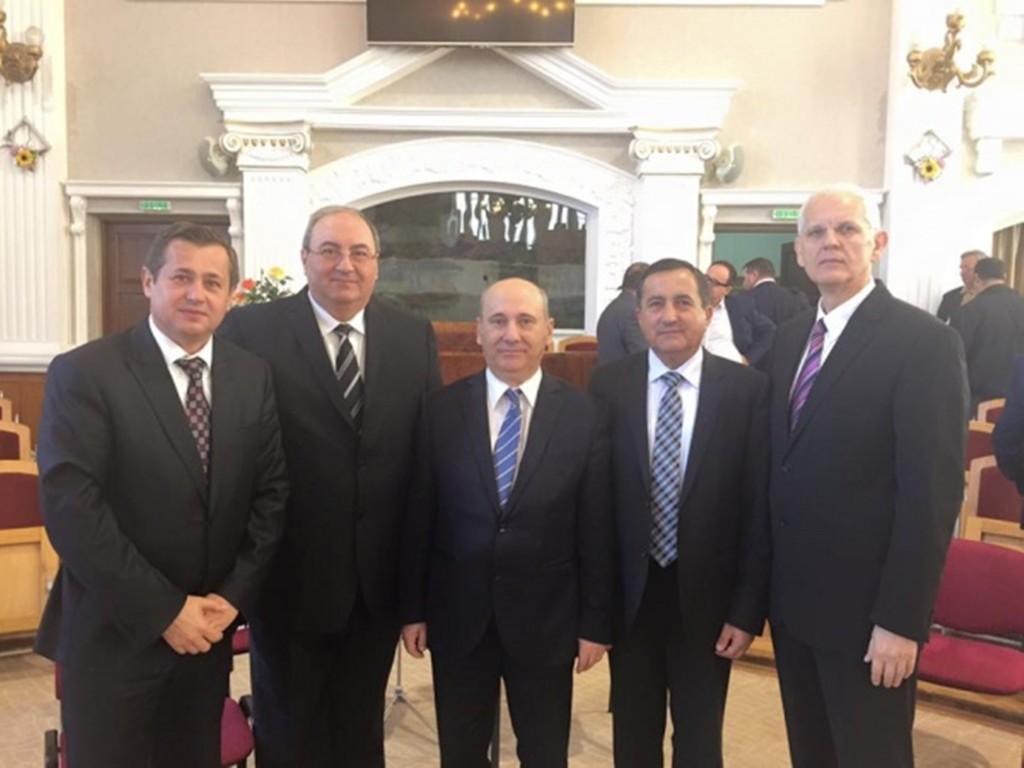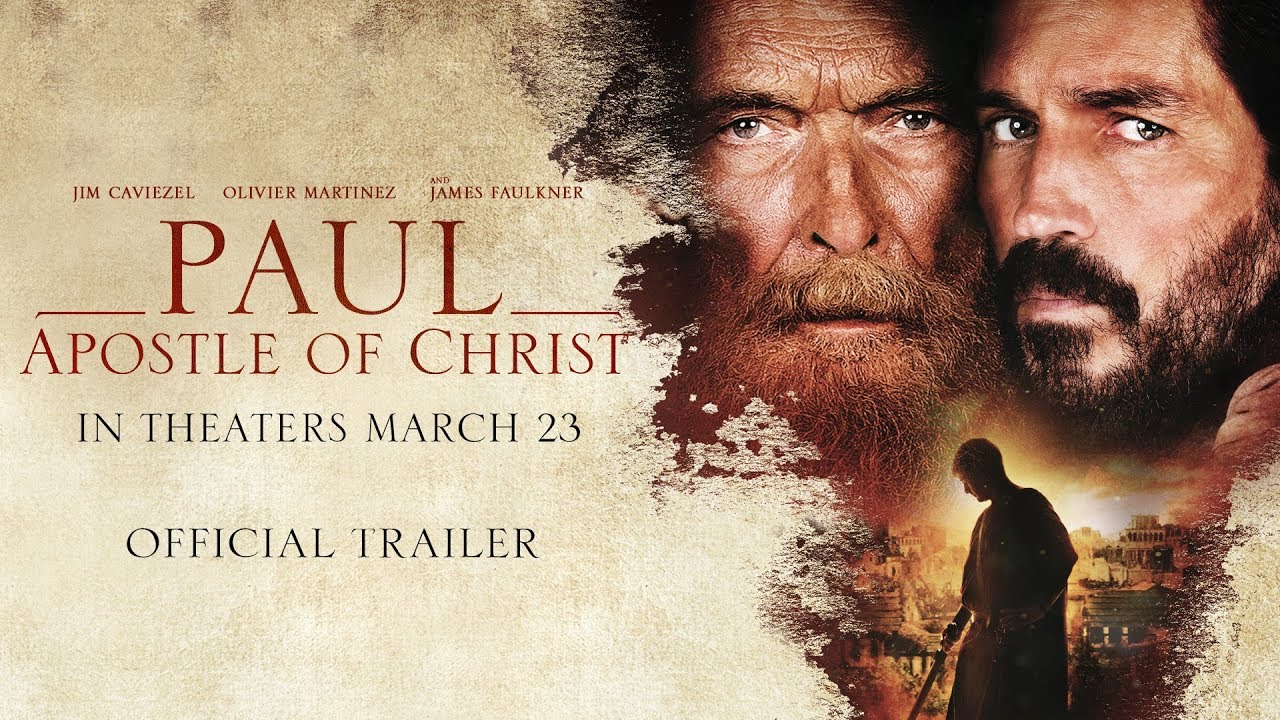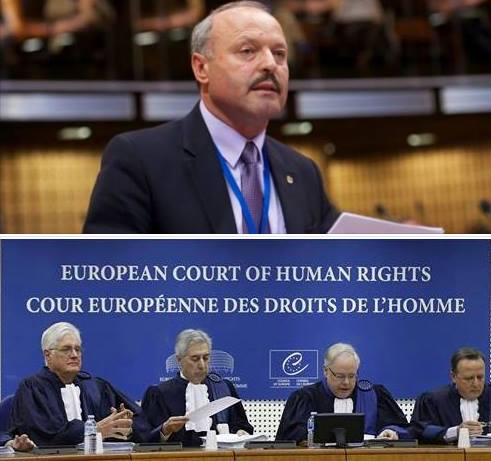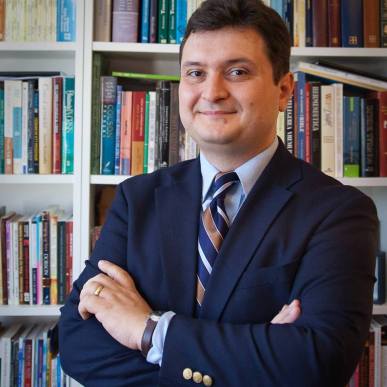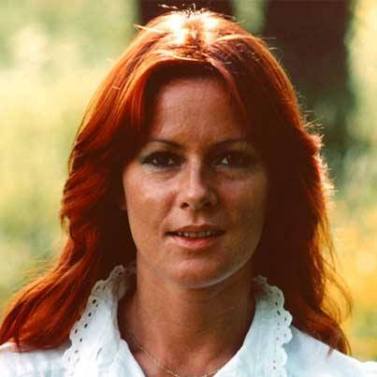Pentru traducere automata, fa click aici – Romanian

Credit amazon.com
Iain Murray speaks about Dr. Martyn Lloyd-Jones at Master’s Seminary-
Some Martyn-Lloyd-Jones quotes from Iain Murray (his biographer):
- „To know God is life eternal. Our work is important, our work is a privilege, but brethren, you should never make it the greatest thing. I did not live for preaching.”
- „Preaching is theology coming through a man that is on fire.”
- Martyn Lloyd-Jones believed that the Bible contains a message about God, and that message should be foundational to all our preaching.
Martyn Lloyd-Jones, born in 1899, the end of that century. When he was 14, his father’s business got into difficulties and his father went up to London to look for work. Martyn Lloyd-Jones and his family went with him and became a school boy in London. At the age of 16, he had done so well in school that he entered into St. Bartholomew’s medical college at one of the great teaching hospitals of the world at that date, and it still is. He graduated in medicine at 21, caught the attention of Sir Thomas Horter, who was the physician to the King. Horter asked him to become his assistant, so the next 5 years, Lloyd-Jones was mixing with the men at the very top of the medical profession. He seemed on a ladder to guaranteed success. And then, to everyone’s astonishment, in 1926, he announced that he was leaving his post and he was going to a mission hall in South Wales to preach the Gospel of Jesus Christ. He married that same month, in January 1927, when he began his ministry in South Wales. He was there for 10 years. Then, in 1938, Campbell Morgan invited him to Westminster Chapel in the heart of London. He was there for 30 years. He ended his ministry in February 1969. God had spared him some 12 years, important years because prior to that date, Lloyd-Jones had given very little attention to books. I think he never wrote a book in his life, but thankfully, sermons have been recorded, and in those next 12 years, many books were taken down, somewhat edited and brought out to the world. There were exceptions. His sermon on the mount was published earlier, in 1959-60, and to my mind, that’s a starting point. If you haven’t read Lloyd-Jones ‘Sermon on the Mount’, make that a starting point. So, that’s the outline of his life. He died March 1st, 1981.
I want to talk about understanding Lloyd-Jones. After being a preacher for more than 50 years, he could preach no more when his health was gone, close to the end. One day, a visitor came to see him, and to encourage him. They said to him, „It must be a disappointment that you are no longer able to preach. „Not at all,” he said. „I did not live for preaching.” Now, that statement is a key to understanding Lloyd-Jones, „I did not live for preaching.” What did he live for? Well, he believed that every Christian should live for something much greater than preaching or any work. He said, „A life spent in communion with God is the only life worth living.” To reconcile to God, to live in His presence, is a far greater privilege than any work we do for Him. And he would often quote to younger men, the words of our Lord, when the disciples came back rejoicing that, indeed, the spirits are made subject to them, and our Lord told them, „In this rejoice not, but rather that your names are written in the heaven.” „To know God is life eternal. Our work is important, our work is a privilege, but brethren, you should never make it the greatest thing. I did not live for preaching.” (MLJ)
The thing with my address, really, this morning, is that to understand Lloyd-Jones, you have to start with God. And if you start with God, you have to start with theology. Theology means talking about God. There’s a quotation of Lloyd-Jones that’s often repeated. He says, „Preaching is theology coming through a man who is on fire.: But, when that is expounded, that statement, the emphasis is usually on the man and the fire. But that’s not where Lloyd-Jones had the emphasis. It’s theology, coming through a man that is on fire.
There are books about Lloyd-Jones and there’s a fair sized one published recently, called ‘Engaging with Martyn Lloyd-Jones’. And my great objection to it is that theology is almost without existence in the book. That’s an exaggeration, but, there’s no concentration on it. At one point, one of the writers gives a warning that Lloyd-Jones read history from a firm calvinistic basis. That’s meant to be a warning. He doesn’t tell you whether he thinks calvinism is true or false. The question is: What was his theology? Why was it so important to him? And it was vital to him, because he believed as we ought to believe that the message is far more important than the messenger. Details about Lloyd-Jones’s life and how he prepared sermons is all very interesting. But, actually, what he believed and what his theology was, is far more important. It’s really the key to understanding the man.
When he was a medical student, he learned that elementary principle that when a doctor, first sighting a patient, has to look at not the particular details that the patient may mention, but look at the whole person, look at the whole picture. Start with that and the same with his life and the life of other Christians; look at the big picture. And with Lloyd-Jones, the big picture is what he believed about God.
He believed that the Bible contains a message about God, and that message should be foundational to all our preaching. And the message is that God, for His own glory, and for the salvation of sinners has purposed a salvation for a great multitude. He has planned it, He has determined it a success. It’s about the giving of eternal life. The God who cannot lie promised before the world began. That’s the starting point. Let me give you this quotation from Lloyd-Jones: „The sovereignty of God and God’s glory is where we must start and everything else issues from here. If it were not for Gods grace, there would be no hope for the world. Man is a fallen creature with his mind in a state of enmity toward God. He is totally unable to save himself and to reunite himself with God. Everyone would be lost if God had not elected some for salvation, and that unconditionally. It is only through Christ’s death that it is possible for these people to saved. And they would not see or accept that salvation, if God through His irresistible grace, the Holy Spirit had not opened their eyes and persuaded them, not force them, to accept the offer. Even after that, it is God who sustains them, and keeps them from falling. The church is a connection of God’s elect.
So, my argument is, if people bypass Lloyd-Jones’s theology and just begin to talk about his life, and this and that, they’re missing the big thing. This is the key. Now, it’s quite possible someone could object to this statement and say, „Well, I’ve read Lloyd-Jones and I don’t find him talking about calvinism; I don’t understand how you can say it’s a key to his thinking and his theology. And the mistake there is that Lloyd-Jones didn’t believe in using labels. And he wasn’t really happy with people that were always parading what their label was. It is true, he didn’t often use the word calvinistic. But, what those truths represent were at the very core of his life and his heart. Not long before his death, he said, „Finally, nothing matters, but the fact that we are in God’s hands. We and our works are nothing. It is His choosing us, before the foundation of the world that matters. And He will never leave us, nor forsake us.” This was the greatest thing for him.
How did he come to that theology? He didn’t come to it from his denomination, surprisingly perhaps, because he came from a Welsh Presbyterian Church, which is also called the Welsh Calvinistic Methodist Church. It was once soundly calvinistic. But, by the time of his youth, like other denominations in Britain, had drifted a long way from it. When Lloyd-Jones was 14 years old, a friend asked him to write in his autograph book, and he wrote these words, a verse: „For we are all like swimmers in the sea, poised on the top of a huge wave of fate, which hangs uncertain as to which side fall, and whether it will heave us up to land, or whether it will roll us out to sea, we know not.” That’s what he wrote. The words of the poet Browning. He was 23 before that belief was turned upside down. In the midst of his medical work, rubbing shoulders with these great and mighty men. St. Bartholomew’s hospital was a sort of center of rationalism, evolution. Science was king, almost worshipped, and this was the atmosphere in which he was living. But, by the time he became about 23, he confronted a problem that science couldn’t begin to answer. And that is the problem of „What do you do with guilt and selfishness, and greed, pride, envy, lust?” He could see these things in colleagues, and then, more and more, in himself. And, God convicted him of sin. At the age of 24 he became a real Christian. He loved medicine. But the thought that prevailed with him, finally, was: What’s the use of healing people’s bodies, if their whole eternity is going to be one of misery and wretchedness. He knew so little of Gospel preaching that was going on, and it was born in his heart that God was calling him to the Gospel ministry. It was a big struggle. He lost a lot of weight, before he made up his mind that God was calling him to preach. He then began to preach in South Wales, in 1927. (Transcript from the first 12:50 minutes, with 32 minutes remaining of the video)
Master’s Seminary. VIDEO by Joshua Crooch







